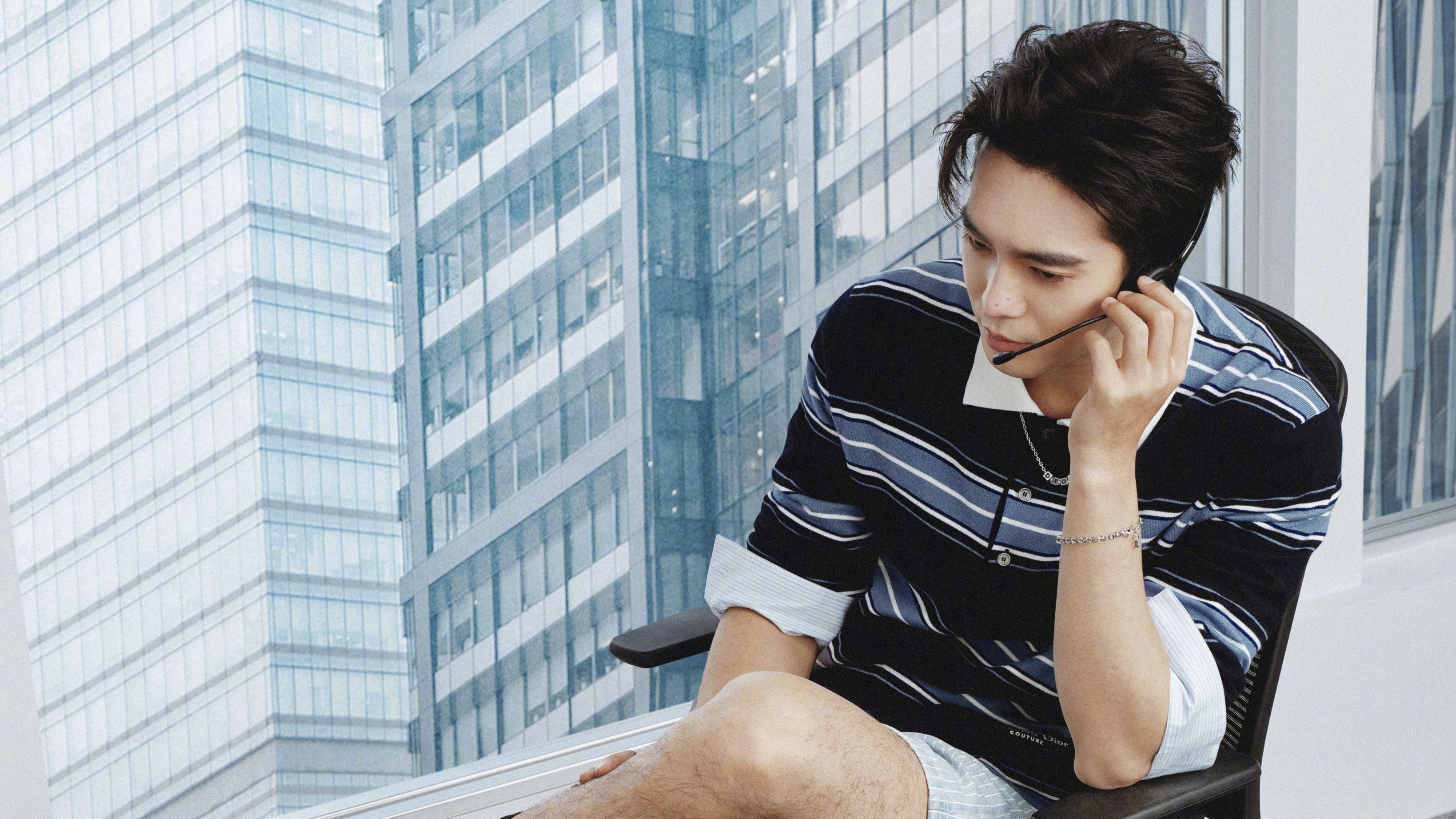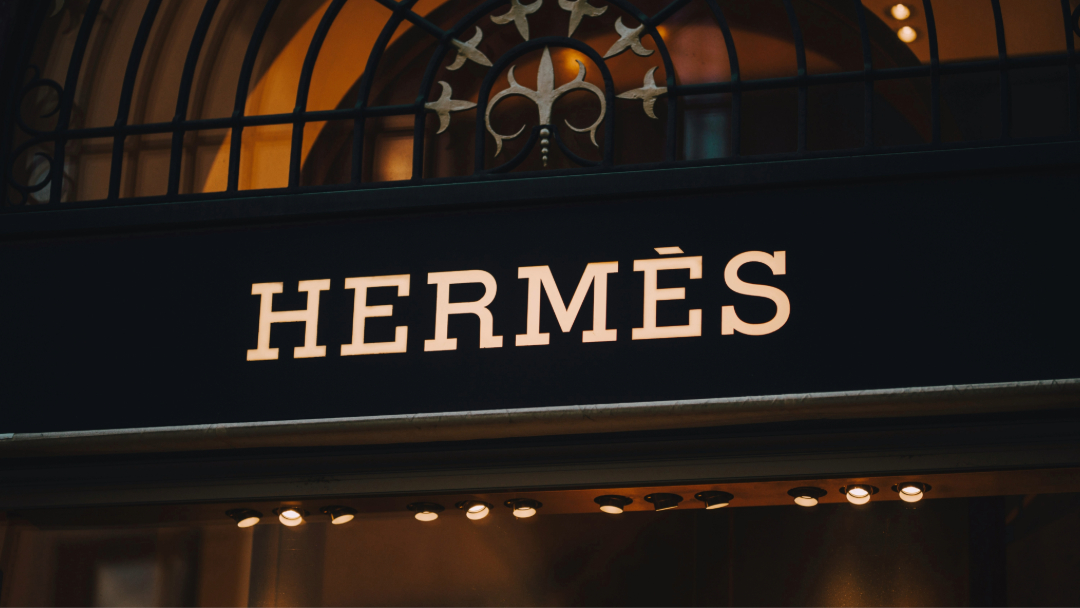Recent changing economic, political and social realities have led to a demand for more responsible business from luxury consumers, especially within the millennial segment.

Recent changing economic, political and social realities have led to a demand for more responsible business from luxury consumers, especially within the millennial segment.
Business is no stranger to the ebb and flow of changing economic, political and social realities. Equally, luxury is no stranger to emotion as it has historically sought to wow consumers with dreams of fantasy lifestyles and increased status. However, luxury brands are facing a perfect storm of greater economic volatility combined with much faster political, tech and social change than ever before.
The recent western political turbulence arguably reflects a broader ‘ethicalisation’ of society which translates into demand for more responsible business. As Positive Luxury’s 2018 Predictions Report highlights, this is especially the case for millennials, who view sustainability more holistically to include issues of diversity, equality and respect.
Join Luxury Society to have more articles like this delivered directly to your inbox
The power of millennials
Millennials account for approximately 30% of the world’s population, and represent $2.5 trillion in spending power. This generation is as much, if not more, concerned with ideas than facts and what they feel rather than what they are told.
Over fifteen years ago, Marc Gobé wrote about emotional branding, which emphasised that emotions drive actions. Now, it’s mainstream reality and a requirement for engagement with millennial consumers.
As Costantino Papadimitriou, SVP Brand Strategy and Innovation at Forevermark, explains: “We are increasingly seeing that millennial consumers are seeking concepts that offer them individuality, authenticity and responsibility. They are investing in brands that not only have authentic messages but also have a purpose that consumers identify with.”
The fact is, millennials will spend more time and money with brands that support causes they care about. The concept of care is also a natural fit for personal luxury goods which are grounded in the quality and attention to detail delivered by artisan craftsmanship.
Rio Tinto’s Argyle Pink Diamonds, for example, are laser inscribed with an inscription and accompanying documentation, offering insight into a responsible chain from the mine to the point of purchase. Similarly, Krug introduced its Krug iD. Present on each bottle, the six-digit number is designed to engage the consumer at a deeper level by connecting them to a digital experience that reveals a unique story from the challenges of climate to the details of creation.
Brands that have high ethical standards in place will win engagement not only from consumers, but from investors. Belvedere Vodka became the first distillery to be awarded EU funding as a result of its consistent commitment to sustainable innovation – through actions that include reducing carbon emissions by 42% since 2012 and maximising energy efficiency – enabling the company to further its positive environmental impact.
Another characteristic of millennial consumption is the shift in interest more towards experiences than physical products. To some degree this is an outcome of technology, particularly in respect of film and music, but also reflects shifting values connected with global citizenship. According to the 2017 Global Impact study, the world’s future leaders will value empathy and a global culture based on collaboration involving limitless cross border movement and digital communication.
Influence through emotion
Brands need to tune into the humanity of their customers and recognise them as people. The term ‘consumer’ indicates a detachment from the human aspect of a person, and such an approach makes it more difficult to engage at an emotional level. This point is underlined by design strategist Adam Peacock who stresses that brands need to look inwards at the human behind the consumer. Once again, luxury has a story to tell; artisan production is frequently the result of ‘human hands’, unlike the mass-market where machine-oriented production is more common.
Brands must understand the issues that will trigger emotion in their customers and also recognise that experiences have a wider range of sensory stimuli than products, possessing a greater capacity to create emotional impact. Personalisation and customisation are also highly desired by millennials and offer brands an excellent way to engage emotionally with their customers.
This is exemplified by Kiehl’s, who train staff to provide highly knowledgeable, customised beauty advice – the kind you’d receive from a trusted friend or YouTube expert. Luxury watchmakers IWC enable customers to message their CEO directly on Instagram; L’Oréal developed SPOT (Sustainable Product Optimization Tool) to assess and communicate the environmental and social footprint of new products throughout development.
Do you need to know more about reaching new and younger clients?
The role of tech
Digital technologies have facilitated both the involvement of customers with brands and the coalescing of like-minded individuals into ‘movements’ and subsequently communities. There are implications for brands arising from both. For example, social media hosted user-generated content (UGC) is often used on online purchase decision making. However, the process of individuals sharing and engaging with the views of others helps build a community.
A study by Collective Bias reinforces this, indicating that 30% of consumers likely to buy a product recommended by a non-celebrity blogger. The top benefit for marketers of an influencer is to create authentic content about their brand.
As trust evolves around online communities, so mistrust in governments, nation states and even corporate websites becomes sharply contrasted. Consequently, brands need to have a point of view in addition to a point of difference, where the values match those of their customers.
Building a community
Luxury is often referred to as timeless, in part due to the longevity of the incredibly well-made products that represent many parts of the industry. However, the dependency on a much larger, fickle and value-oriented modern market raises the issue of loyalty once again for luxury brands. As such, brand communities are vital since 50% of people would remain loyal provided they felt integrated into a brand’s community, in either the physical or digital space.
In the words of New York Times Fashion Editor, Vanessa Freidman,“I think it’s very hard now for a company not to stand for something and to stand up and be counted. People buy things not just because they are pretty but because they represent something more.”










